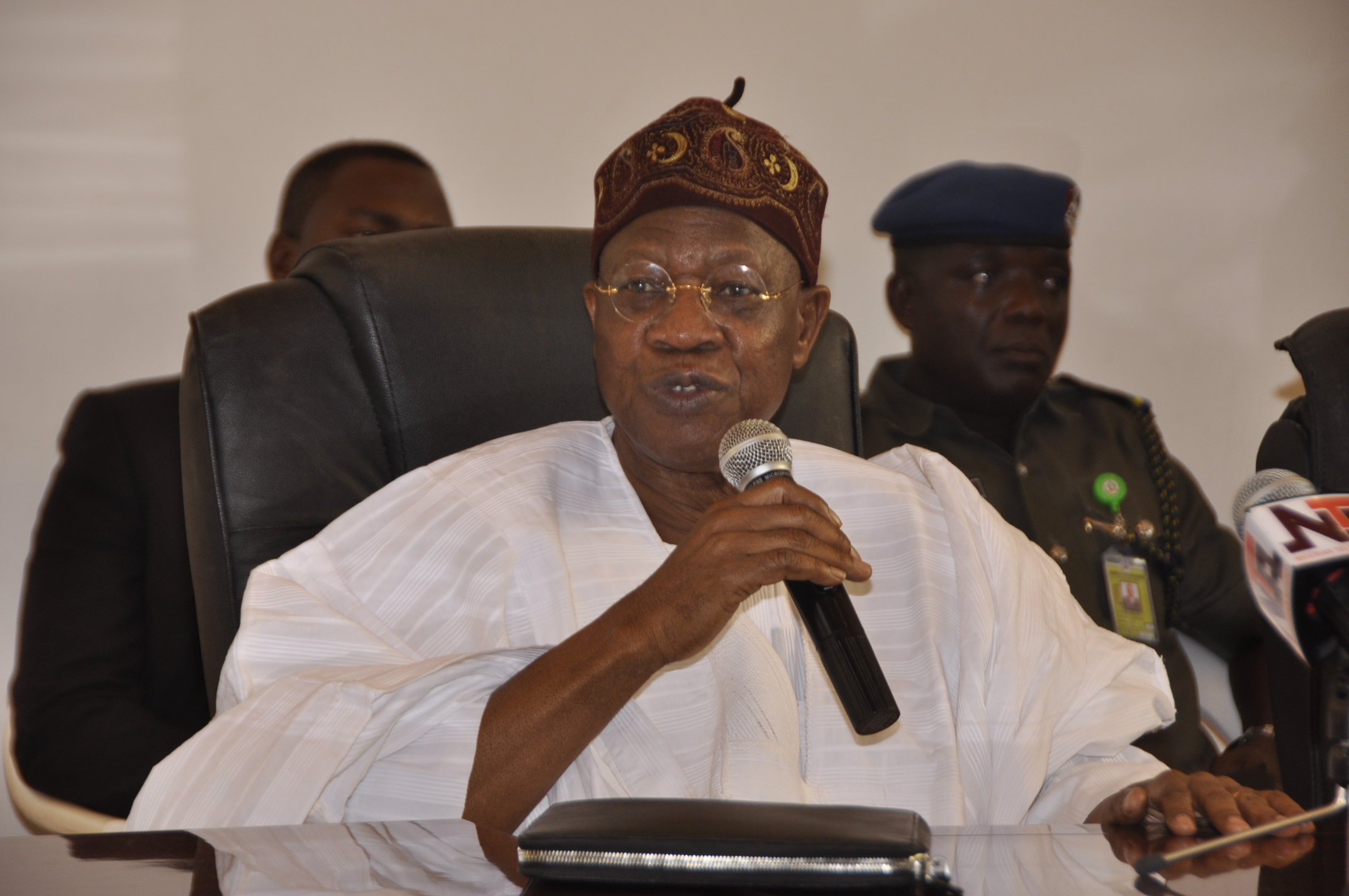
Works Minister David Umahi Bows To Pressure, Reveals How Much Lagos-Calabar Coastal Highway Costs Per Kilometer
The Minister of Works, Engr. David Umahi, has defended the ₦7.5 billion per kilometer cost of constructing the Lagos-Calabar Coastal Highway, describing it as both reasonable and lower than global construction benchmarks.
Speaking at a recent media briefing, Umahi explained that the ₦1.067 trillion budget for the first 47.47-kilometer phaseof the project accurately reflects its complex engineering design and advanced infrastructure components.
Umahi Justifies ₦1.067 Trillion Cost for the First Phase
According to the minister, the Lagos-Calabar Coastal Highway is not an ordinary road project but a six-lane reinforced concrete expressway that includes flyovers, underpasses, shoreline protection, solar-powered lighting, and extensive landscaping.
“A standard coastal highway costs about ₦7.5 billion per kilometer,” Umahi said. “This figure covers soil fillings, shoreline protection, solar streetlights, and tree planting along the route.”
He clarified that the ₦7.5 billion rate was derived by dividing the total ₦1.067 trillion by 47.47 kilometers and then adjusting it for a standard two-lane federal highway. “When you divide the total cost by the road length and number of lanes, the standard cost per kilometer stands at ₦7.5 billion,” he explained.
Project Cost Influenced by Terrain and Structural Complexity
Umahi emphasized that the challenging coastal terrain significantly increased groundwork costs. Engineers, he said, encountered deep pits up to 20 meters, which had to be excavated and refilled in layers to ensure road stability before concrete work could begin.
He noted that such geological challenges are typical of coastal projects and contribute to higher construction costs compared to conventional highways.
Reinforced Concrete Ensures Durability and Value
Contrasting the Lagos-Calabar Coastal Highway with older asphalt-based roads, Umahi said the government opted for reinforced concrete pavement to guarantee long-term durability and reduced maintenance costs.
He described the design as “built for generations,” emphasizing that while concrete construction is more expensive upfront, it offers far greater value for money over time.
International Partners Validate Project Cost and Feasibility
The minister also revealed that the project’s cost and scope have been reviewed by international financial institutions, including a Dutch-led consortium, which concluded that the highway is actually “undervalued” given its scale.
He further disclosed that the 70% loan component of the project was oversubscribed by $100 million, demonstrating strong international confidence in Nigeria’s infrastructure development plans.
Umahi Calls for Objectivity in Public Criticism
Addressing critics, Umahi maintained that the project has undergone transparent evaluations and urged Nigerians to base their opinions on facts rather than speculation.
“If global lenders and experts can support this project, we have nothing to hide,” he said. “We welcome criticism, but it must be objective and truthful.”
About Author
Discover more from BillionBill
Subscribe to get the latest posts sent to your email.


